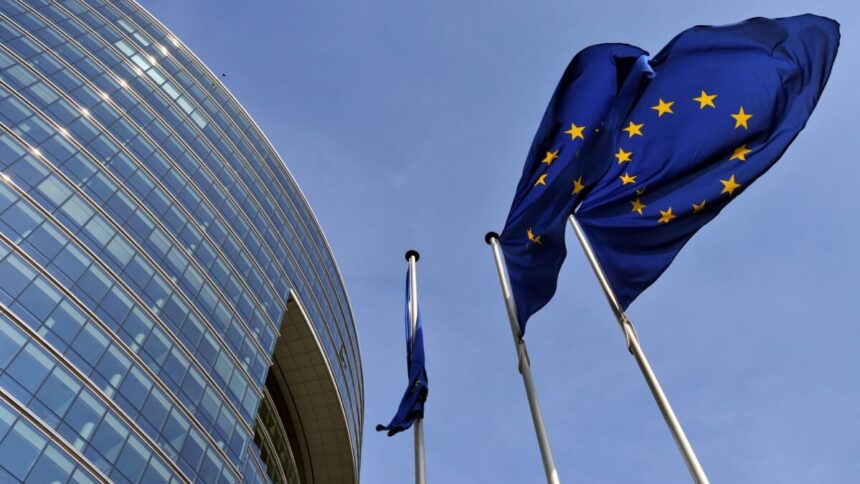The European Union has approved a sweeping reform allowing it to revoke Schengen visa-free travel for 61 countries, targeting nations that fail to uphold security standards, human rights commitments, or EU-aligned migration policies.
The legislation, passed by the European Parliament on Tuesday, empowers the European Commission to suspend short-stay visa exemptions, previously enjoyed by citizens of these countries for up to 180 days, amid concerns over irregular migration, hybrid threats, and exploitative “golden passport” schemes.
The new rules were passed in the European Parliament with 518 votes in favor, 96 against, and 24 abstentions.
This was also contained in a press release issued by the Parliament
It reads: “A reform of the mechanism to suspend short-stay visa-free travel into the EU (in place since 2013) will allow the EU to respond more flexibly when countries backslide on important principles of their visa waiver agreement, which can include security concerns and human rights violations.
“Existing grounds include an increase in the number of asylum applications from nationals of a country for which the asylum recognition rate is low or an increase in the number of third-country nationals who are refused entry or found to be overstaying.
“The Council and the EP agreed on several new grounds which will trigger the suspension mechanism:
“Lack of alignment of a country’s visa-free regime with the EU’s visa policy, in cases where – owing to this country’s geographical proximity to the EU – this may lead to increased non-authorised arrivals of citizens of other third countries;
“The operation of an investor citizenship scheme, whereby citizenship is granted to people who have no genuine link to the third country concerned, in exchange for pre-determined payments or investments (“golden passports”);
“Hybrid threats and deficiencies in document security legislation and procedures;
“A deterioration in the EU’s external relations with a third country, in particular when it comes to human rights and fundamental freedoms, or serious breaches of the UN Charter.
“The duration of temporary suspension of the visa exemption will increase from the current period of 9 months to 12 months. This initial period can be extended by a further 24 months (instead of 18 months under the current system). This temporary suspension phase will allow the European Commission to engage in dialogue with the third country so that it can address the reasons for the suspension.”
According to the press release, the affected countries are; Andorra, Antigua and Barbuda, Argentina, Australia, Bahamas, Barbados, Bosnia and Herzegovina, Brazil, Brunei, Canada, Chile, Colombia, Costa Rica, Dominica, Micronesia, Grenada, Georgia, Guatemala, Honduras, Israel, Japan, Kiribati, Saint Kitts and Nevis, South Korea, Saint Lucia, Monaco, Moldova, Montenegro, Marshall Islands, Mauritius, Mexico, Malaysia, Nicaragua, Nauru, New Zealand, Panama, Peru, Palau, Paraguay, Serbia, Solomon Islands, Seychelles, Singapore, San Marino, El Salvador, Timor-Leste, Tonga, Trinidad and Tobago, Tuvalu, Ukraine, United Kingdom (non-citizen British nationals), United States, Uruguay, Holy See, Saint Vincent and the Grenadines, Samoa, Hong Kong SAR, Macao SAR, British Overseas Territories Citizens, British Overseas Citizens, British Protected Persons, British Subjects, Taiwan, Kosovo.
Further breakdown of the legislation revealed that a “golden passport” will now replace the Schengen Visa-free travel scheme.
The “golden passports” scheme is an investment-driven citizenship scheme
Also, under the revised rules, there are now clear thresholds for when action will be taken on the revocation of Schengen Visa-free travel
The legislation mandated that if there is a 30% rise in serious crimes or overstays, or if a country’s asylum rejection rate falls below 20%, the European Commission can initiate the process to suspend visa-free access.
The legislation also allows for the selective suspension of the Schengen Visa-Free travel scheme.
This means that not every citizen of a country will lose their visa-free access—officials responsible for human rights violations or other breaches may be specifically targeted, minimizing the impact on the broader population.





